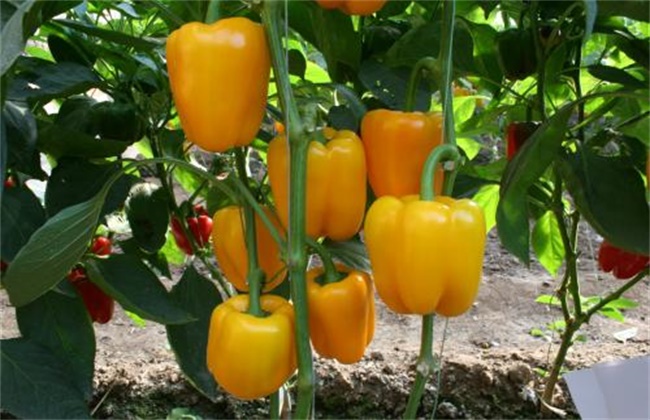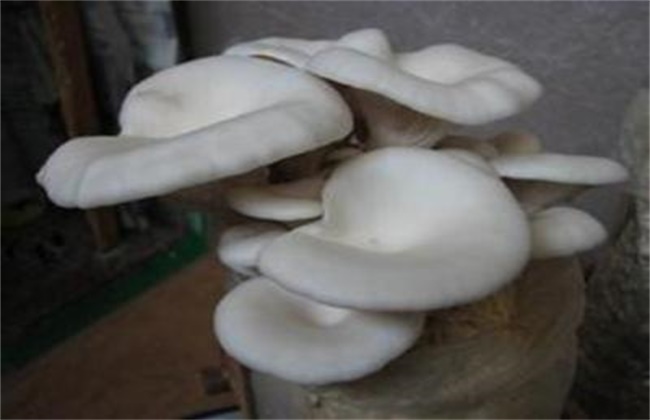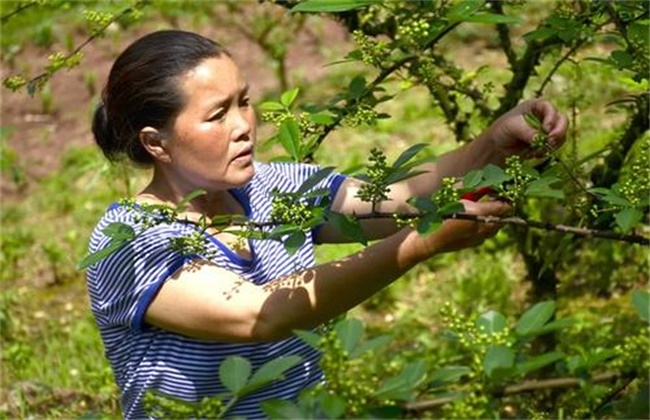Planting Management Technology of Sweet Pepper
Sweet pepper is actually a kind of pepper, but compared with pepper, sweet pepper is basically not spicy, but also a little sweet, so it is also loved by many people. Now the planting area of sweet pepper in our country is still very large, and when we plant sweet pepper, its management is very important. So how to manage the cultivation of sweet pepper? Today, the editor has brought you the planting and management technology of sweet pepper. Let's take a look at it.

1. Don't light the flowers blindly
If you encounter a continuous cloudy environment when planting sweet peppers, then the fruit setting ability of sweet peppers is very poor. Therefore, many people will be very anxious to see the sweet pepper will not bear fruit, so they randomly use some anthers to order flowers. Although it is true that sweet pepper plants can bear fruit, the fruit is small and hard. And the growth rate is also very slow, and it will even become a stiff fruit. Therefore, growers can only remove these abnormal fruits, sweet pepper is actually a kind of self-pollinating vegetable, as long as a suitable environment is ensured, then the fruit can be set normally.
During the flower and fruit period of sweet pepper, the temperature should be controlled at about 25 degrees, and the temperature difference between day and night should be kept at 10 degrees. The temperature should not be too high at night, if the temperature is too high at night, then the fruit setting rate will be reduced. Therefore, we should pay attention to do a good job of shading, proper ventilation, to avoid excessive temperature. If necessary, you can spray an appropriate amount of bodybuilders to avoid the phenomenon of sweet pepper growing and increase the amount of flowers and fruits of sweet pepper plants. In addition, in cloudy days, you can use the method of shaking trees to promote fruit setting, but do not light flowers, otherwise the plant is prone to hormone poisoning, and fruit quality will decline as a result.
2. Watering management
The distribution of sweet pepper is relatively shallow, the root is not very developed, usually most of the roots are concentrated in about 12 cm of soil, drought and waterlogging tolerance is relatively poor. Therefore, we must pay attention to control the amount of water, not only to meet the water demand of sweet pepper, but also to prevent more water from retting the root. However, in the fruiting period of sweet pepper, there must be no shortage of water, which will not only affect the results, but also prone to diseases such as navel rot. However, do not flood irrigation, otherwise it will easily lead to sweet pepper wilting, or even dead trees. Therefore, when watering, the amount of water should be controlled according to the degree of dryness and wetness of the soil, and should not be flooded.
3. Potash fertilizer application
Sweet pepper in the growing period, the demand for fertilizer is very large. For basic elements such as nitrogen, phosphorus and potassium, potassium has the greatest demand, followed by nitrogen, and finally phosphorus. During the whole growth period, if sweet pepper is lack of potassium fertilizer, then sweet pepper is very prone to lodging. The fruit will also become very small and the yield will decline. Therefore, after the sweet pepper sits on the fruit, when the fruit grows to about the size of a ping-pong ball, it is necessary to apply an appropriate amount of high potassium fertilizer in time to meet the demand for potash fertilizer for the growth of sweet pepper, control the amount of potassium fertilizer, ensure the yield of sweet pepper, and promote normal growth.
The above is a brief introduction of sweet pepper planting management technology. That's all for today's introduction. This article is for reference only. I hope it can help you all.
Related
- Where is it suitable to grow horseradish in China? it is expected to see the middle altitude horseradish in Alishan.
- How to prevent tomato virus disease reasonably? (Control methods included)
- Many people like to plant towel gourd on the balcony. What are the main points of this method and management?
- What crops can chili peppers be mixed with?
- Fertilization techniques and matters needing attention in Tomato
- What are the grafting techniques for peach seedlings in spring?
- Harm and control methods of root swelling disease of Chinese cabbage
- What are the pests of sweet potatoes? How to prevent and cure it?
- Symptoms, causes and Control methods of navel Rot in Tomato
- The cause of "Cucumber rotten bibcock" in Farmers' planting Cucumber and its Control Plan



